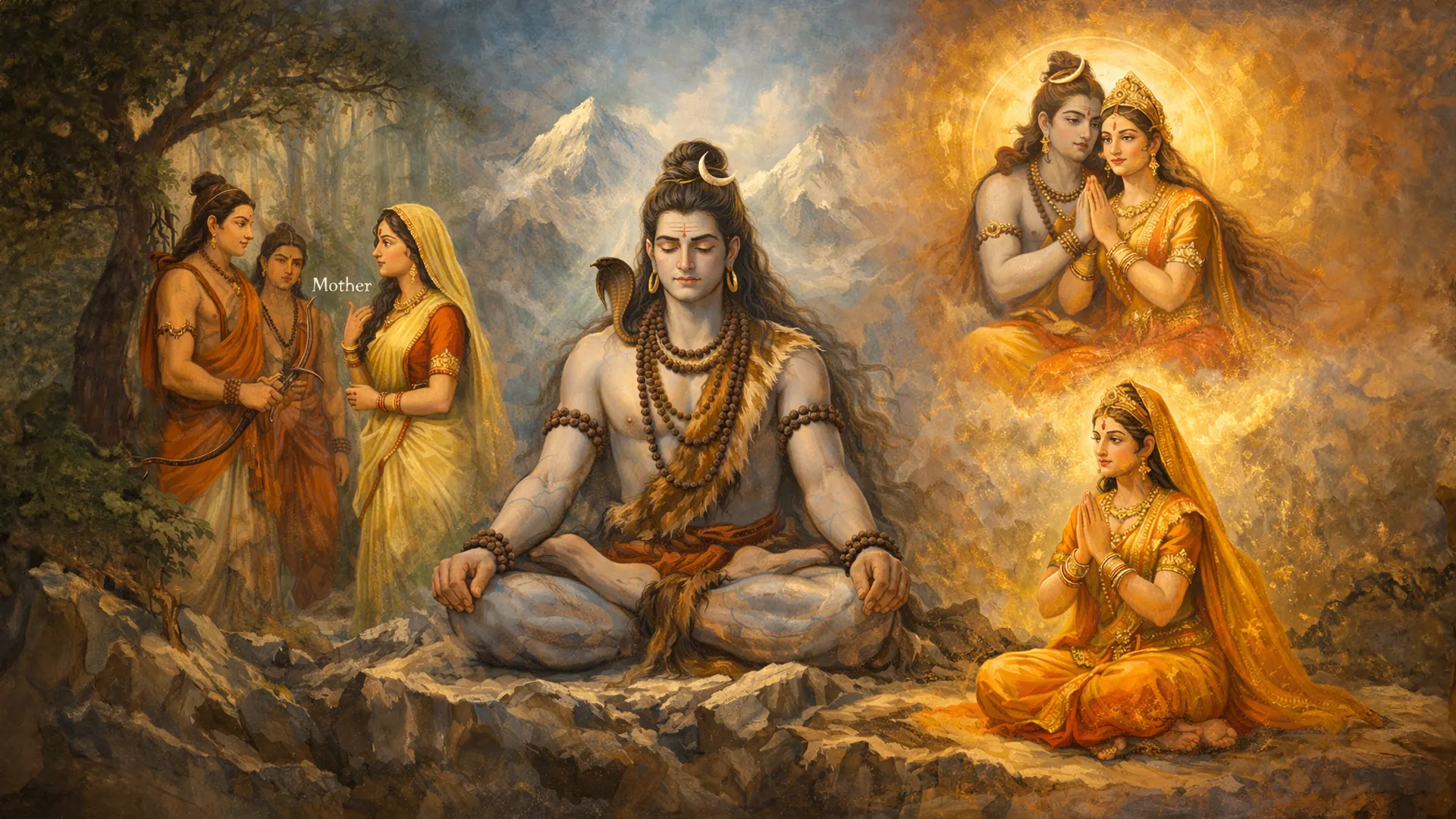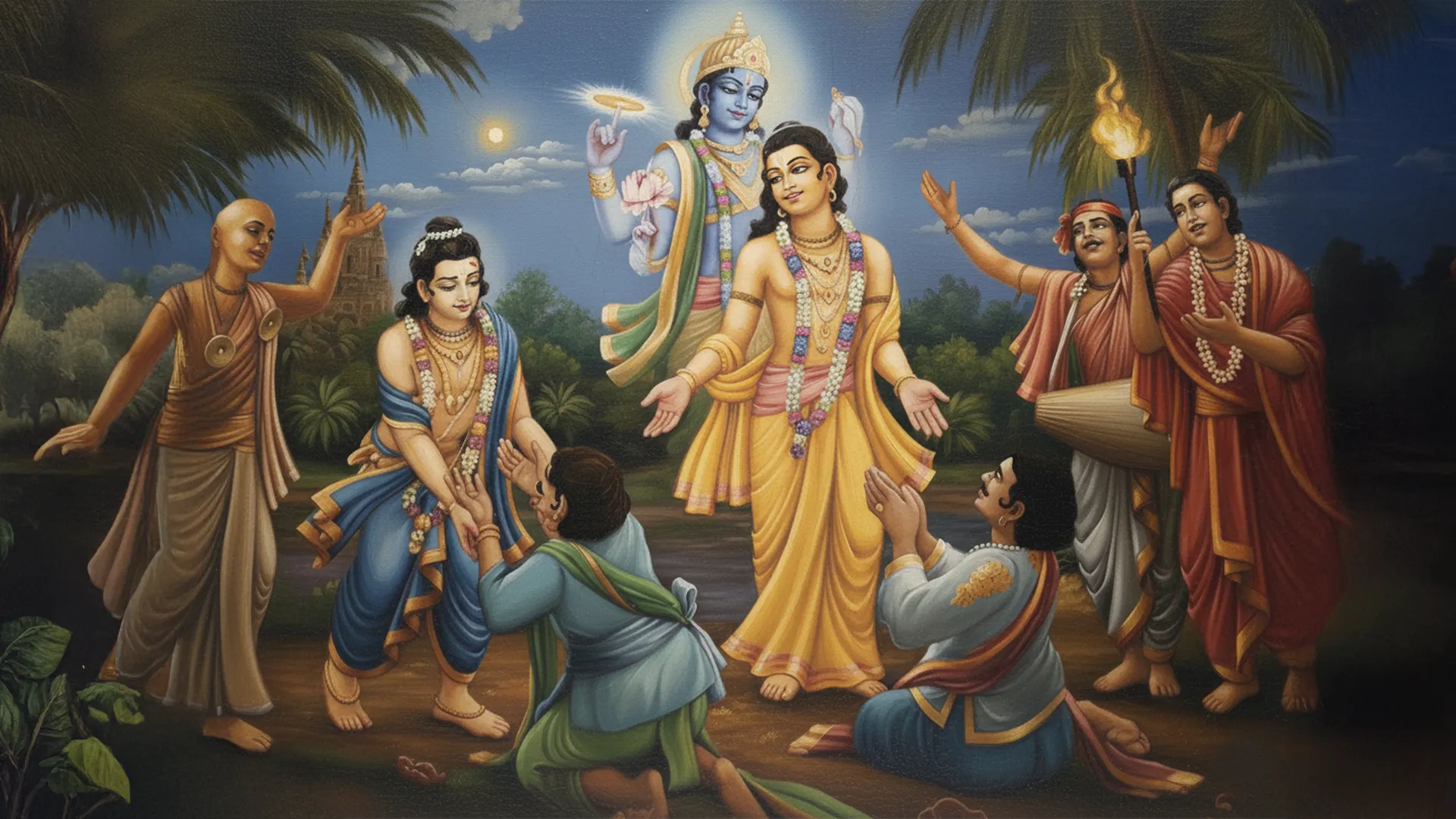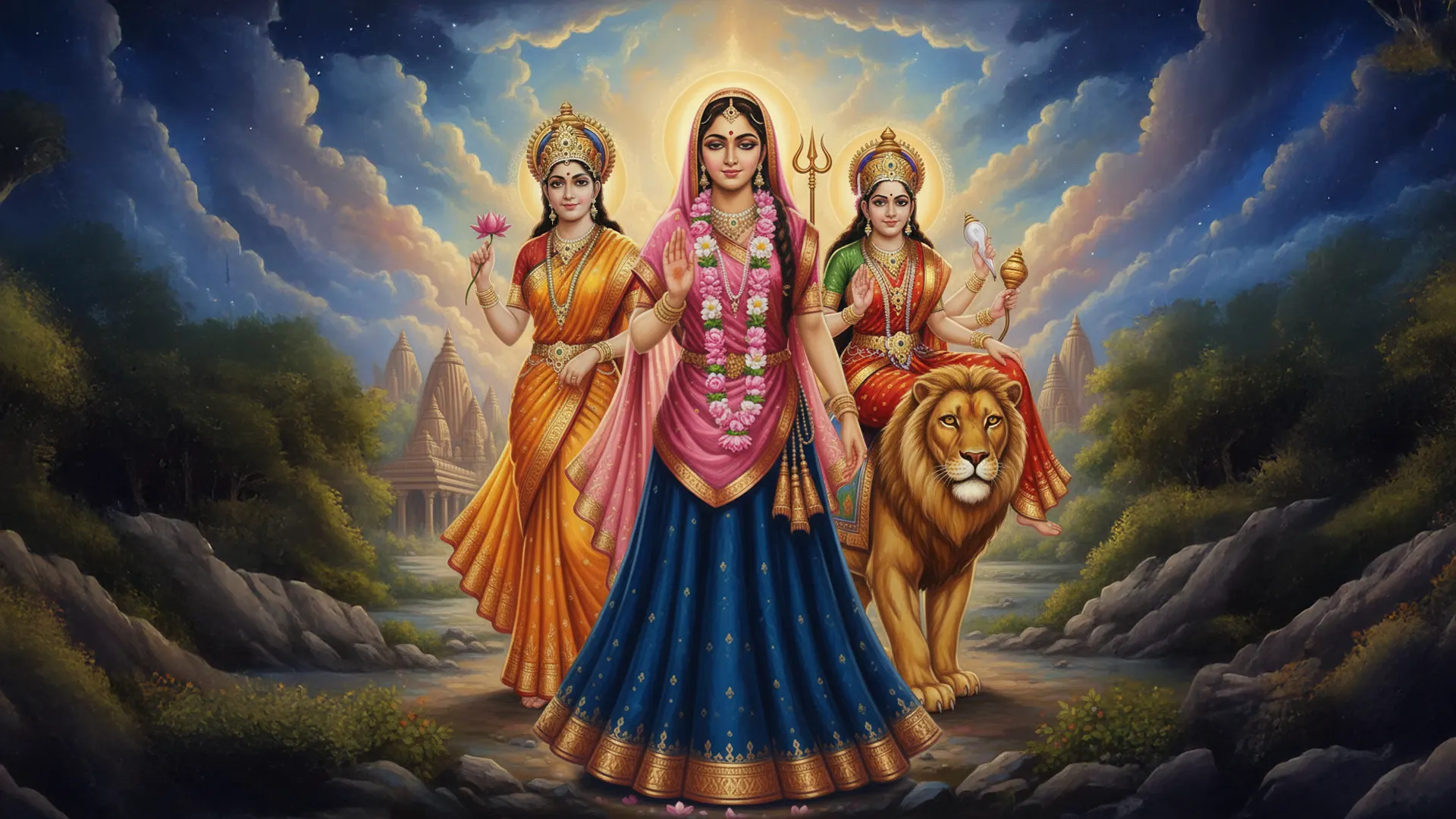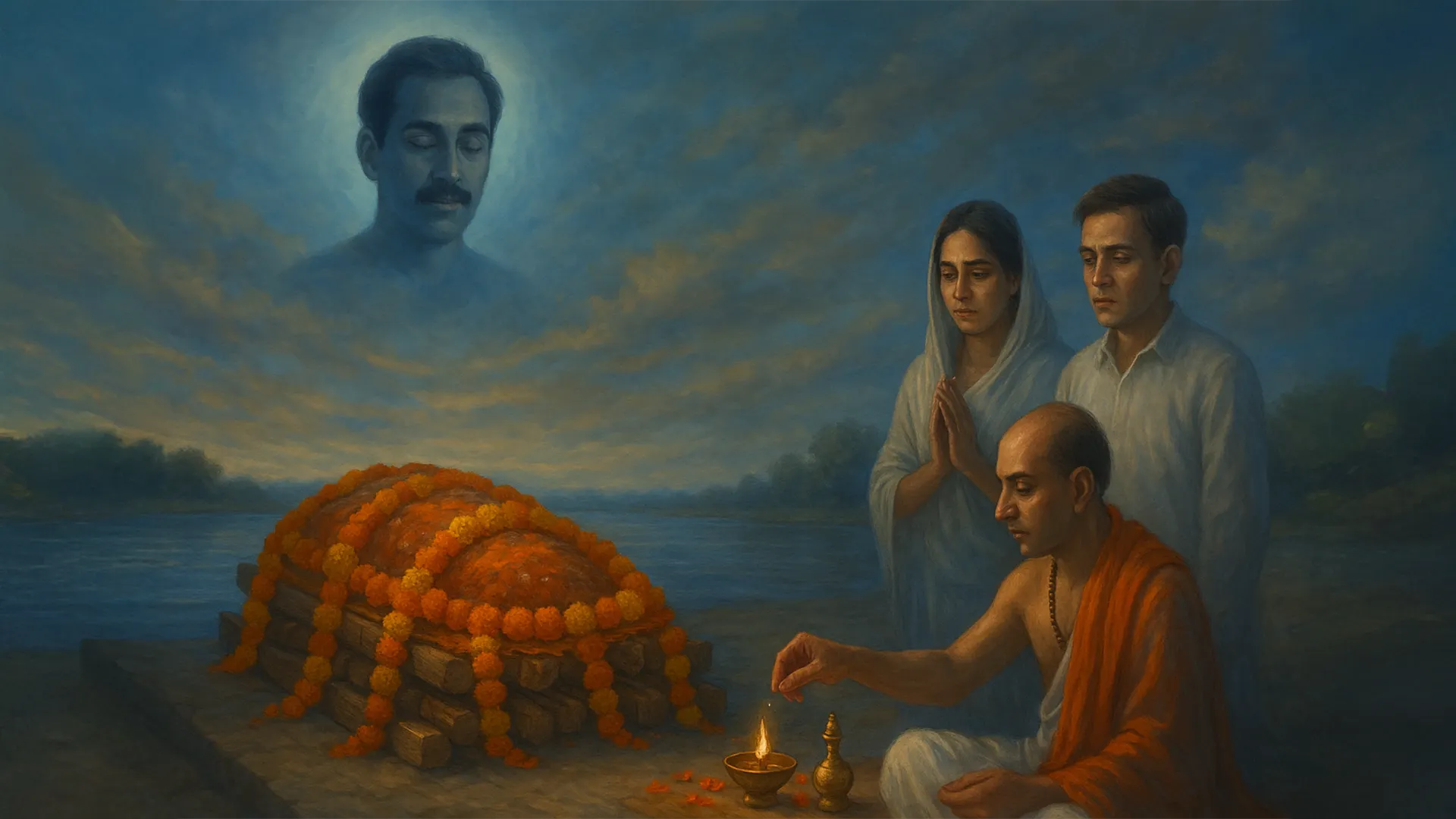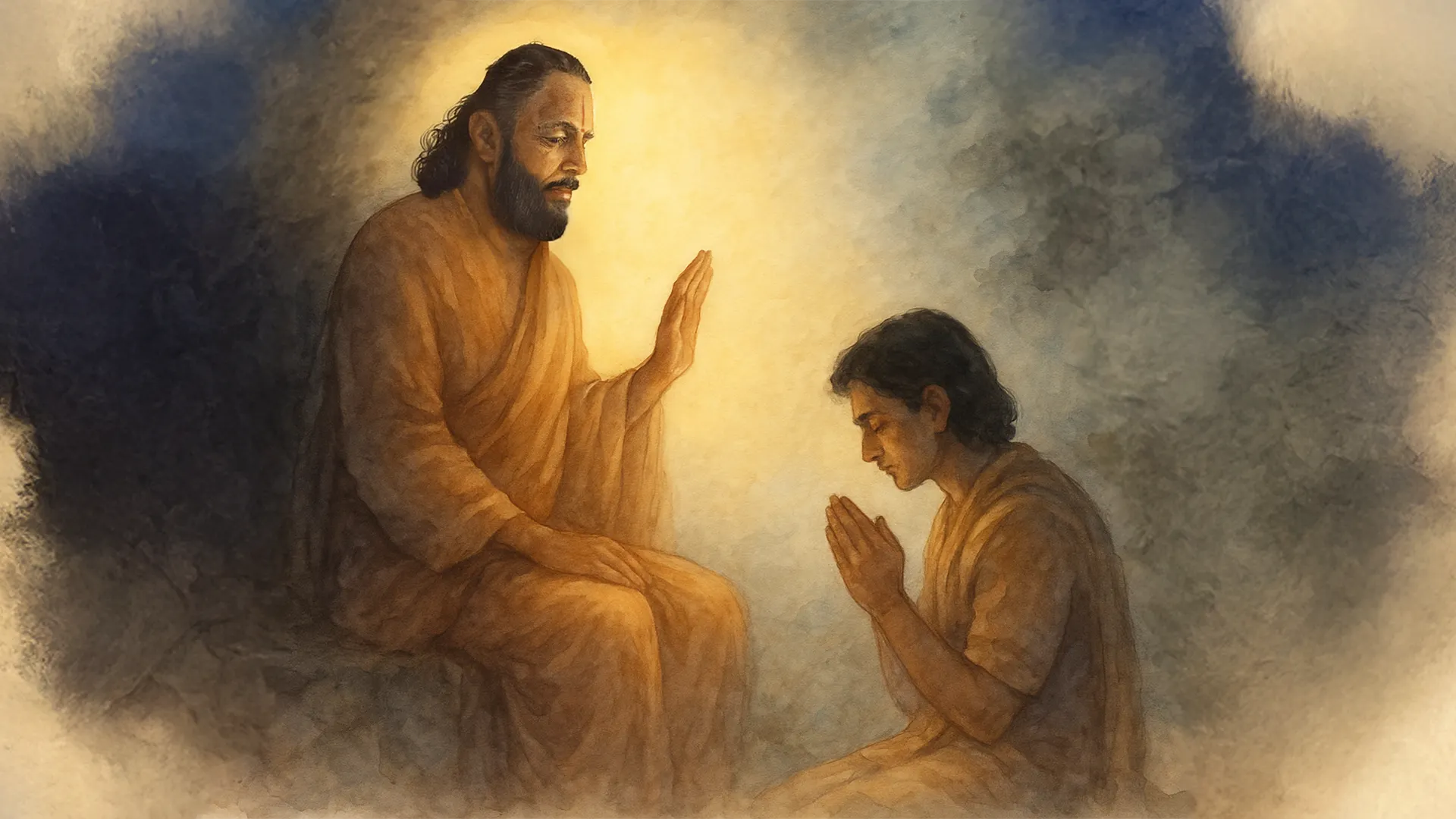Geeta's day has been a rollercoaster of misfortune, proving the old saying true: "When it rains, it pours." It all started when her alarm clock betrayed her, making her wake up late and rush through her morning routine. Skipping breakfast, she booked a taxi, but it was delayed, and she sat stuck in traffic, fretting about the meeting she was already running late for. When she finally arrived at the office, she realized she had left her ID card at home and missed the crucial first hour of that critical meeting. Her boss was livid, and Geeta felt his anger bearing down on her. As if things couldn't get any worse, the stress of it all triggered a migraine, and now she sits alone in her cubicle, staring out the window, feeling defeated. Geeta can see her dream of buying a new apartment and bringing her parents to live with her slipping away with this year's increment. It's been a tough day, and Geeta is feeling down, wondering what else could go wrong.
The scenario might vary, but isn't this a common problem where we face lousy luck and end up miserable? We allow external adversities to ruin our inner peace. Is there any other option or a way where we can keep our inner peace unaffected? Yes, we all have the free will to choose happiness over misery in every situation. Often, people question if we are slaves of our destiny. Destiny plays a vital role in our lives, but there also is a thing called free will.
Understanding Karma: Three Key Types
Sanchit Karma (Accumulated Actions):
- In the profound philosophy of karma, our actions accumulate over countless lifetimes, creating a vast reservoir known as Sanchit Karma.
- These accumulated actions represent the totality of our past deeds and experiences, shaping the course of our journey through the cycle of birth and rebirth.
- Sanchit Karma encompasses the rich tapestry of consequences from all our past lives, a treasure trove of actions waiting to unfold.
- Prarabdha Karma (Destiny):
- As we embark on each new life, a portion of our accumulated karma is allocated to us, which we must bear as Prarabdha Karma or destiny.
- This portion of karma is like a predestined path, guiding the circumstances and experiences we encounter in our present life.
- Prarabdha Karma is unalterable; it serves as the blueprint for the events and challenges we face, a thread woven into the fabric of our existence.
- Kriyaman Karma (Current Actions):
- The choices we make and the actions we perform in our current lifetime contribute to Kriyaman Karma, also known as current actions.
- These actions are the product of our free will, reflecting our decisions here and now.
- Kriyaman Karma is dynamic and influential, as it shapes our future experiences by adding to our Prarabdha Karma, perpetuating the cycle of cause and effect.
In summary, the philosophy of karma intricately weaves together the past, present, and future. Our Sanchit Karma forms the foundation, Prarabdha Karma charts our current course, and Kriyaman Karma empowers us to shape our destiny through conscious choices and actions. This profound understanding invites us to navigate the intricate web of life with mindfulness and purpose.
The Role of Free Will in Our Lives
Let us understand free will with an analogy. Imagine a cow that is tied to a pole. The rope limits the cow's movement, allowing it to wander within a specific range. This is a restriction, similar to our destiny or prarabdha, which is predetermined. However, what the cow chooses to do within the boundaries of its limited space is entirely up to it. It can walk around, sit down, or lie down to sleep. This is a choice that the cow has to make. Similarly, our kriyaman, or our actions and decisions, are within our control. We can choose how we react to our predetermined destiny, just like the cow can decide what to do within the limits of the rope.
Mastering Life's Cards: Choosing Happiness in Adversity
We cannot avoid bad luck in our lives, but we can control how we respond. Just like a gambler who cannot control the cards they are dealt, we cannot control life's circumstances. However, we can choose how we play those cards and how we respond to the events in our lives. It is vital to play the cards that destiny has given us in such a way that we remain calm and peaceful no matter what external circumstances we face.
Swami Mukundananda said, "God makes the external world and is perfect for our elevation. Therefore, the change we must bring about in our lives must begin from within."
The life of Abraham Lincoln is a perfect example of choosing happiness over and over again. As a child, he lost his mother. His stepmother brought him up. He accepted her wholeheartedly and continued his life with great joy. He belonged to a low-income family; hence, he had been to school only for a year.
The Power of Uplifting Thoughts
Nevertheless, he did not stop learning. He read numerous books and educated himself. When he grew up, he fell in love with a beautiful girl. Unfortunately, she passed away in an accident. He got married later and was blessed with four children. Three of them did not survive. He only had one child left. He continued to persevere with a positive attitude. He lost the elections eight times before becoming America's President in 1861.
This shows how maintaining a positive attitude can pave the way to success. All the instances in Abraham Lincoln's life were a play of destiny. However, he was undeterred by the thwarts of his fortune. He endeavoured every day with a positive attitude to achieve success. He chose to cultivate uplifting thoughts. He neither blamed God nor the world for his miseries. Therefore, we should constantly exercise our free will to choose happiness.
Mastering the Mind: Key to Success
We should understand that our happiness does not lie in external opulence nor depends on how people treat us. Happiness lies within. We do not have to place our happiness in someone else's hands. Our mind should be in our control. This art of mastering the mind is integral to success. Like Shankaracharya wrote in Prashnāvalī (The Questionnaire)
जितं जगत केन? मनो हि येन
Jitam jagat kena? Mano hyena
"One who has conquered his mind can conquer the world. '
Let us all strive to elevate our mind to such a level that it remain unaffected by external turbulence. It is said that a journey of a thousand miles begins with a single step. So, the aim of reaching the state of "conquering the mind" is high, but we need to start somewhere.



